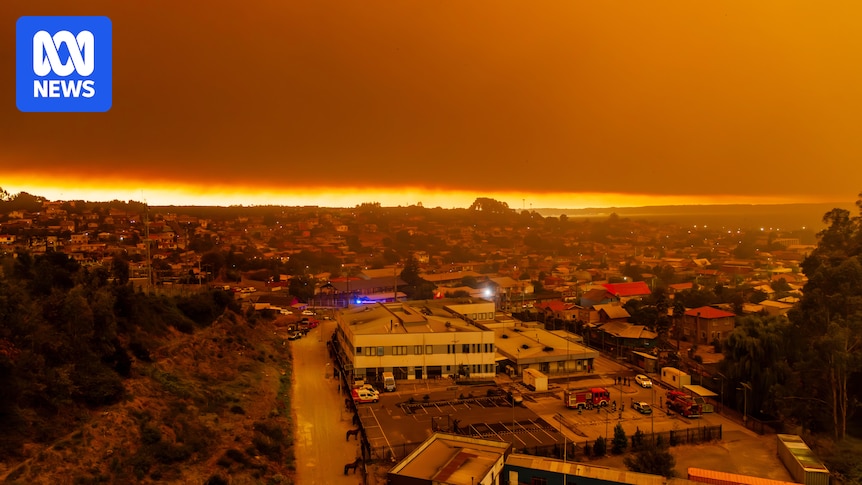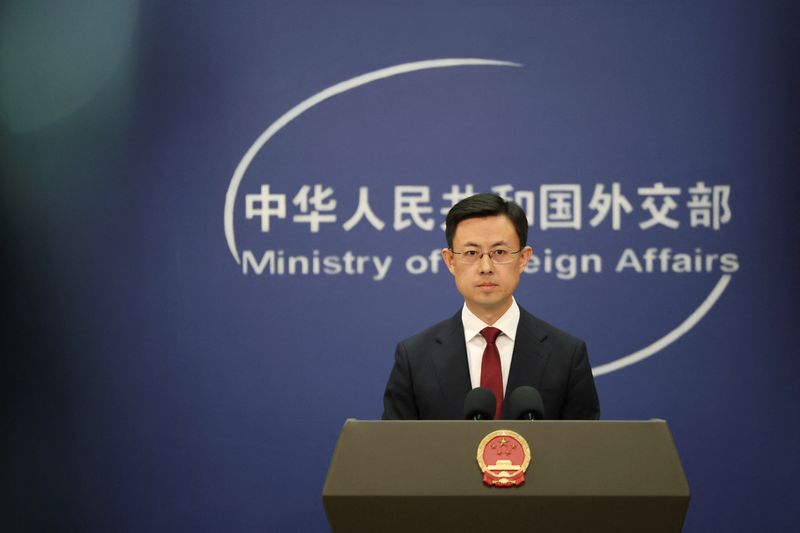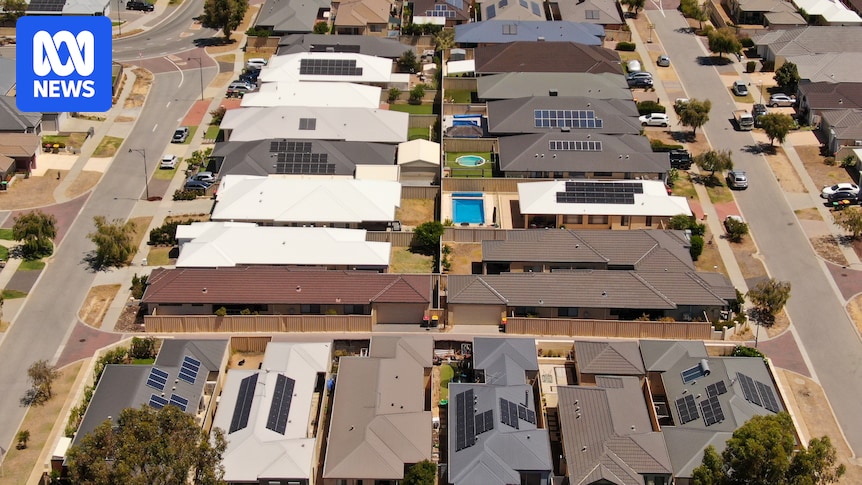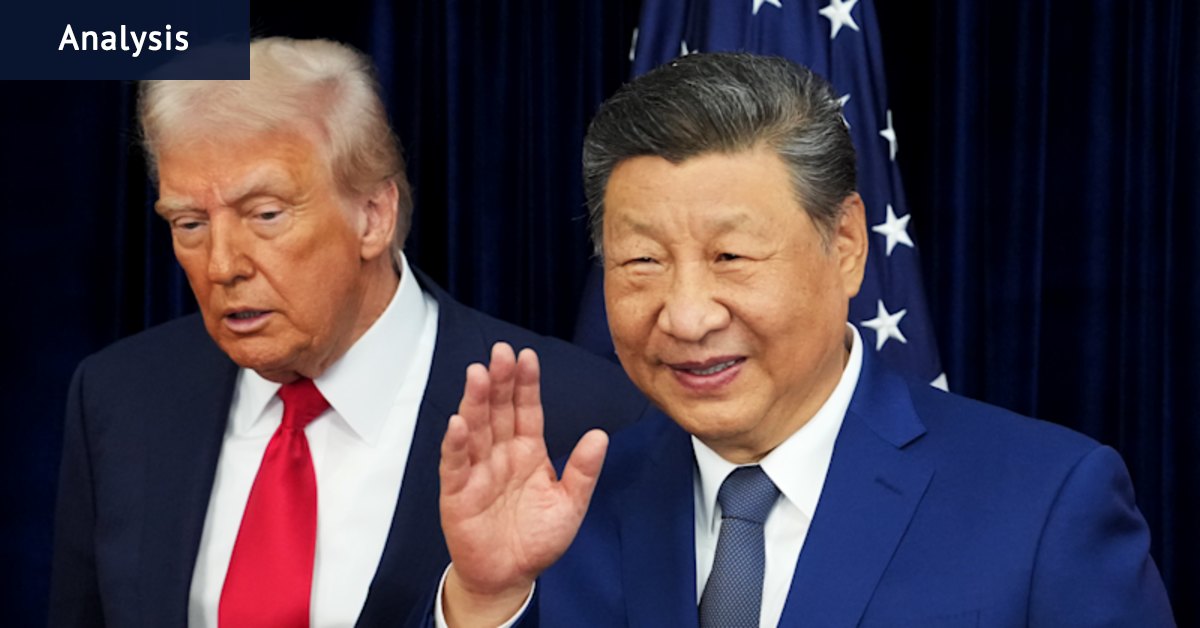
Australia’s recent decision to recognize a Palestinian state marks a significant shift in its foreign policy, aligning it with several South-East Asian nations. This move, however, places Australia at odds with many of its Pacific neighbors, who traditionally align with the United States and Israel due to aid, development, and religious affiliations.
The announcement comes as a pivotal moment in Australia’s diplomatic relations, raising questions about the potential impact on its regional alliances. Will this decision encourage other countries yet to recognize a Palestinian state to follow suit?
Factions Within Asia
The decision was met with approval by the Indonesian government, which praised Australia’s stance on Palestine as “courageous.” Indonesia, along with Malaysia and Brunei, has recognized Palestinian statehood since its Declaration of Independence in 1988. The Philippines followed suit a year later. However, the region is not entirely united on the issue.
“There are already some divisions within the bloc regarding Palestine, with countries like Myanmar and Laos being less vocal, while Malaysia, Indonesia, and the Philippines are strong supporters,” said Muhammad Zulfikar Rakhmat from the Centre of Economic and Law Studies in Jakarta.
Malaysia stands out as one of the strongest advocates for Palestinian statehood, having refused diplomatic relations with Israel and prohibiting entry to Israeli passport holders. Dr. Mary Ainslie from the University of Nottingham noted that Malaysian leaders have maintained strong ties with Hamas, which has drawn international criticism.
Dr. Ainslie says Malaysia has taken one of the strongest pro-Palestinian stances in South-East Asia.
Dr. Rakhmat added that while Vietnam and Cambodia have formally recognized Palestine, Thailand has historically maintained a neutral stance, though its past recognition of Palestine indicates some level of support. He emphasized that South-East Asia’s early collective recognition of Palestine was based on “anti-colonialism and human rights” principles.
However, Dr. Ainslie pointed out that South-East Asian countries have been cautious in criticizing Israel, wary of inviting scrutiny on their own human rights records. “The practice of non-interference by these nations has served them well and disrupting this would potentially destabilize relations,” she said.
Dr. Rakhmat suggested that Australia’s recognition of a Palestinian state could either strengthen solidarity among ASEAN countries or strain relations, depending on each country’s national interests regarding Palestine.
Australia at Odds with Pacific Nations
In contrast, Australia’s decision diverges from the stance of Pacific nations such as Papua New Guinea, Fiji, Nauru, Palau, Tuvalu, and Tonga, which do not recognize Palestinian statehood. These countries often rely on the US for foreign aid and security, reinforcing their alignment with US and Israeli policies.
During a United Nations General Assembly vote in June, six Pacific nations joined the US and Israel in opposing a permanent ceasefire between Israel and Gaza, highlighting their strong ties to these countries.
In 2023, PNG Prime Minister James Marape opened the country’s controversial embassy in Jerusalem.
Professor Derek McDougall from the University of Melbourne’s school of social and political sciences noted that religion plays a significant role in Pacific politics. While countries like Fiji have a majority Indigenous population, many Indigenous Fijians are evangelical Christians, which influences their stance on the Palestinian issue.
Dr. Sione Tekiteki, a senior law lecturer at the Auckland University of Technology, believes that Australia’s decision will not “significantly damage” its relationships with Pacific Island neighbors. “The region’s longstanding ‘friends to all’ foreign policy posture means that Pacific states rarely let partners’ positions on distant conflicts determine the overall ambit of their bilateral and regional relationship,” he explained.
Both Dr. Tekiteki and Professor McDougall agree that Australia’s credibility on climate commitments, its posture toward China, and the wider regional security environment will have a more substantial impact on Pacific perceptions than its stance on Palestine.
Implications and Future Outlook
Australia’s recognition of a Palestinian state represents a bold step in its foreign policy, aligning it with certain Asian nations while potentially complicating relationships with Pacific allies. As the geopolitical landscape continues to evolve, the decision may influence other countries’ stances on Palestine, though experts suggest significant shifts are unlikely.
Moving forward, Australia’s diplomatic strategy will need to balance its new position on Palestine with its broader regional interests, including maintaining strong ties with both Asian and Pacific nations. The implications of this decision will likely unfold over time, as Australia navigates its role in the Asia-Pacific region.





